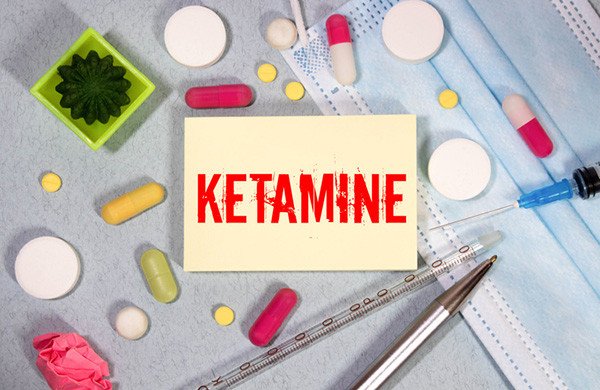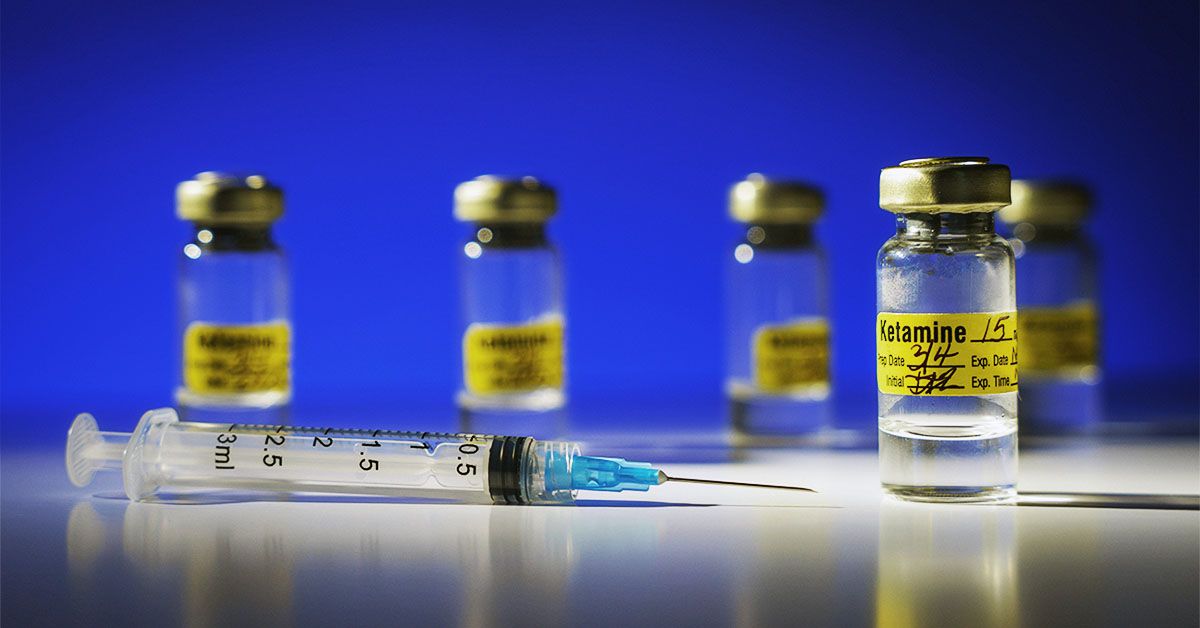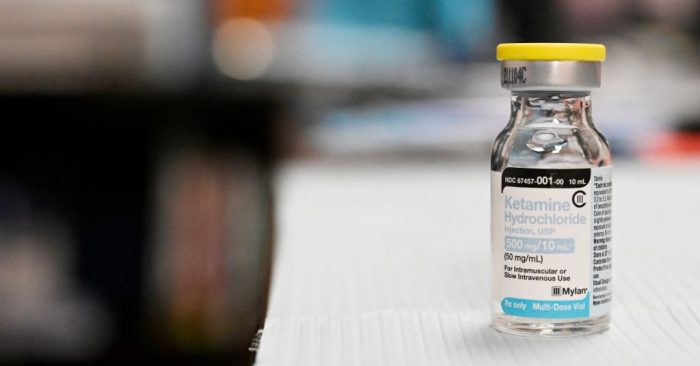When and Where Is Ketamine Safe for Treating Treatment-Resistant Depression?
The typical pharmaceutical and therapy alternatives for persons with treatment-resistant depression (TRD) often feel like a dead end. Ketamine could seem like a lifeline if you have tried everything—SSRIs, talk therapy, lifestyle modifications—and you are still having problems. And sometimes it really is.

Ketamine, however, is neither a panacea nor a short-term solution. It is a potent, quick-acting medication that requires careful consideration in terms of setting and safety. But when is ketamine a good idea, and how can you tell if it is safe?
Let us dissect it.
Really, What Is Ketamine?
Ketamine has a lengthy history of usage in emergency care and surgery, having been created as an anesthetic in the 1960s. Low doses of ketamine, particularly esketamine (Spravato), a nasal spray, have been used in recent years to treat severe depression that is resistant to treatment.
That quick alleviation can be life-changing for some people who are experiencing severe, ongoing depression episodes or suicidal thoughts.
When Is Ketamine a Fair Choice?
It is not a first-line treatment to use ketamine. Usually, only those who fulfill both of the following requirements are eligible:
With little to no improvement, they have tried at least two different antidepressants (from separate classes) at appropriate dosages and for appropriate lengths of time.
Their suicidal thoughts or functioning are greatly affected by their depression, which also affects their quality of life.
Indications that you may be a candidate:
Major depressive disorder has been diagnosed in you, and conventional treatments have not worked.
Other drug combinations or therapy (such as TMS or ECT) have been investigated by your mental health provider.
Your symptoms are strong and ongoing, particularly if you have suicidal thoughts.
How Does Depression React to Ketamine?
In contrast to SSRIs or SNRIs, which target serotonin or norepinephrine, ketamine acts on the NMDA receptor, which is part of the brain's glutamate system. It is thought to promote neuroplasticity and "rewire" synapses, which could account for the rapid mood improvement.
Ketamine is used to treat depression in a number ways:
FDA-approved nasal spray (Spravato), frequently covered by insurance
In certain medical contexts, intramuscular (IM) injections are utilized.
Sometimes, under medical supervision, lozenges or sublingual pills are used in at-home procedures.
Where Can I Get Ketamine Treatment Without Risk?
Secure and Controlled Locations: Certified ketamine clinics staffed by certified anesthesiologists or mental health specialists
Psychiatric hospitals or outpatient clinics that provide Spravato (esketamine)
Psychiatrists with emergency procedures in place and ketamine certifications
Seek out:
Pretreatment medical screening (history of substance abuse, cardiac issues, etc.)
During and after the session, supervision is necessary since ketamine might result in dissociation and elevated blood pressure.
Follow-up care or integration therapy—not just a one-time dose
Unregulated or dangerous environments: at-home therapies without physician supervision
Clinics lacking adequate mental health follow-up or staffed by non-medical personnel
Underground or recreational use (risk of misuse, dangerous dosage, lack of supervision)
What Dangers Exist?
When taken as directed, ketamine is usually safe, however it might have negative side effects.
Short-term consequences:
Dissociation, or the "out-of-body" sensation
Feeling queasy or lightheaded
brief increase in blood pressure
Perplexity or clouded vision
Long-term issues:
Possibility of abuse or dependence, particularly outside of medical contexts
Very little information on long-term use
problems with the bladder or urine in large or frequent dosages
Concluding Remarks: Hope, Not Hype
Although it is not a panacea, ketamine is an effective tool in the toolbox of mental health treatments. It provides something that can seem uncommon to those suffering from depression that is resistant to treatment: hope.
Finding a reliable practitioner who addresses the full person, not just the symptoms, is the most crucial step if you are thinking about using ketamine. You are entitled to compassionate, evidence-based, and safe care.
What's Your Reaction?





















